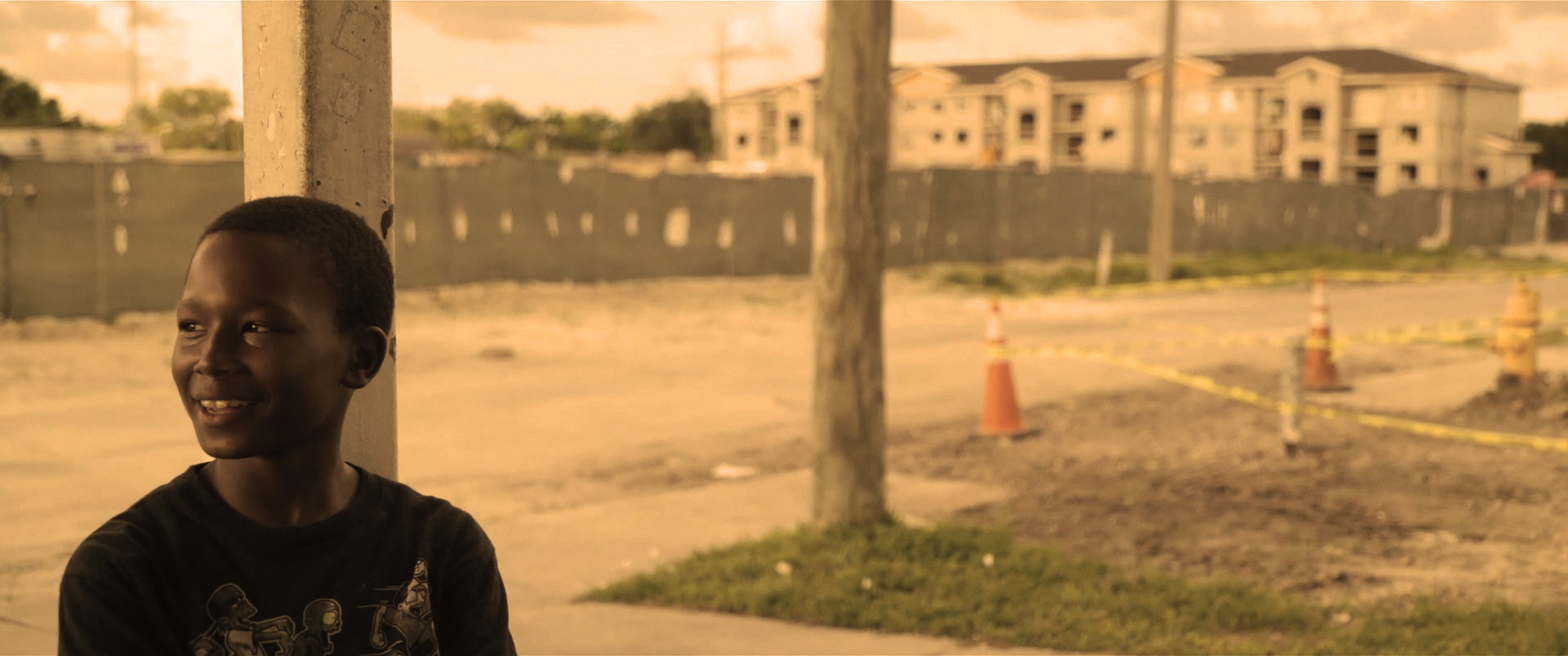Massachusetts food banks are struggling to keep up with demand as the Farm Bill remains stalled in Congress.
The bill is renegotiated every five years and contains the Emergency Food Assistance Program, which ensures food banks can help the 20% of Massachusetts households facing hunger.
Vince Hall, chief government relations officer for Feeding America, said advocates for these families are asking Congress to double the program’s funding as grocery prices remain high and pandemic-related supply-chain disruptions continue.
“That program moves food from local farms to local food banks,” he said, “and it helps to close the gap between the food that’s been donated and the food that’s needed.”
Hall said the current Emergency Food Assistance Program is still operating on a 2008 cost basis, which limits its impact. He said the consequences of not securing this additional funding are dire; one in 12 children in the Commonwealth is coping with food insecurity.
Feeding America is partnering with the Farm Bureau, International Dairy Farmers Association and the Pork Producers Council to raise awareness of the negative impacts a stalled Farm Bill is having on America’s poorest households. But infighting within the GOP-led House has stalled legislative priorities. Hall said if the Farm Bill isn’t updated soon, the current hunger gaps will only widen.
“We may have a crisis where not enough food is available to feed people in need,” said Hall, “where distributions have to be closed or distributions run out of food.”
Hall added that Feeding America and other organizations are urging families to advocate for themselves and speak to legislative leaders in their own communities. He said it’s important for members of Congress to also visit a food bank to see what hunger looks like for themselves, and understand how vital they are to keeping families fed.

















